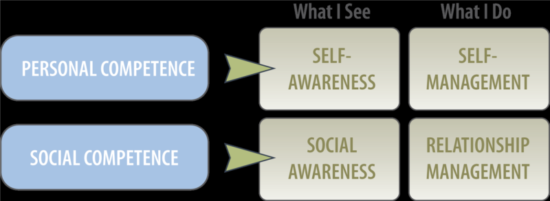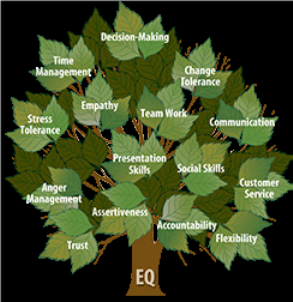
6 Ways to Increase the Value of References
What is the value of references?
A reference can defined as, “the action of mentioning or alluding to something, the use of a source of information in order to ascertain something.”
When it comes to hiring someone, we talk about “taking up references,” meaning that we will contact a number of people nominated by the prospective employee. These people become a source of information to help us, the recruiter, ascertain whether the candidate is worth hiring.
So far so good. A reference is a potentially useful data point to support better decision making. If you think about any hiring decision, it is similar to a risk assessment. We want to be as sure as possible that the person we are hiring will be able to perform successfully in the target job. References potentially reduce the risk of a bad decision and poor performance in the job by providing us with additional data about the candidate.
References also provide an essential check. They can corroborate information given by the candidate about qualifications, work history, salary, skills to do the job. This check is particularly important when you consider:
- A survey by Career Builder reported that 77% of respondents had caught candidates in a lie on their resume.
2. In a Society for Human Resource Management (SHRM) survey, 53% of respondents discovered falsified information during their checks.
3. 51% of respondents who checked salaries found misinformation had been given.
No wonder then that SHRM reports that over 80% of human resource professionals say that they regularly conduct reference checks for different positions.
But the actual taking up of references can be difficult.
- The references listed on a candidate’s resume/cv are unlikely to be people who will say bad things about them. At times, we get asked to act as a reference for one of our clients. Inevitably we ask them, “What would you like us to say about you?” However truthful the positive comments, the recruiter won’t necessarily get an entirely balanced view!
- If one of the references given is the candidate’s current manager, be aware that if the manager is feeling ‘left,’ he/she may not be as positive about the candidate as they might deserve. Alternatively, if the candidate is being ‘let go,’ the manager may feel some guilt and so be more positive than the candidate deserves. This tendency may well be compounded if the reference is written.
- Legal constraints further complicate matters when it comes to providing references. Companies that provide references have a legal duty towards the employee, who is the subject of the reference as well as to the prospective employer. Too negative a reference, which results in the candidate not getting hired may lead to a defamation suit. While providing an overly positive reference or leaving out critical information may leave the company open to liability.
- Far easier to avoid the liability and not to give any assessment of the candidate’s performance. Far simpler to give the barest details of the person’s employment history – dates of employment, job title and salary. Apart from allowing the prospective employer to check the box on references and ensure that the candidate has not fabricated everything they have said, this type of ‘no comment’ reference is worthless. With the risks and costs of litigation rising, nearly 75% of Fortune 1000 companies will now only provide ‘no comment’ references.
OMG! Faced with these difficulties you never want to touch another reference again – ever! And that’s before you’ve added in #MeToo.
But remember, references do provide useful data points to support our decision making about prospective employees, by giving us additional data. And references do give us a useful check.
Many companies now hire specialist firms to do comprehensive background checks on candidates, particularly for senior or sensitive positions. That’s one way to go.
But without the resources to hire specialists, how can we increase the value of references?
1. If necessary, obtain written approval from any candidate for taking up references which should include a signed release form, allowing former employers to speak freely without fear of legal liability.
2. Be aware that the anti-discrimination laws that apply to interviewing also apply to references. You cannot ask questions about age, gender, race, religion, sexual orientation, marital status. Nor can you use this information in making your hiring decision.
3. Speak to references over the phone. Don’t rely on written references, but ask questions to supplement or corroborate what has been asked at interview.
4. Always focus on the knowledge and competencies you are seeking to assess for the target job.
5. Seek behavioral examples of the particular competencies you are assessing. Remember that past performance is the best predictor of future performance.
6. Document any reference check you make with thorough (and legible!) notes of what the person says. Your notes should form part of the recruitment record for the candidate.
Do these 6 common sense things and the value you obtain from the references you contact will increase exponentially.

References
- English Oxford Living Dictionaries 2018: https://en.oxforddictionaries.com/definition/reference
- The Balance Careers 2019: https://www.thebalancecareers.com/will-employers-check-your-references-2060797






